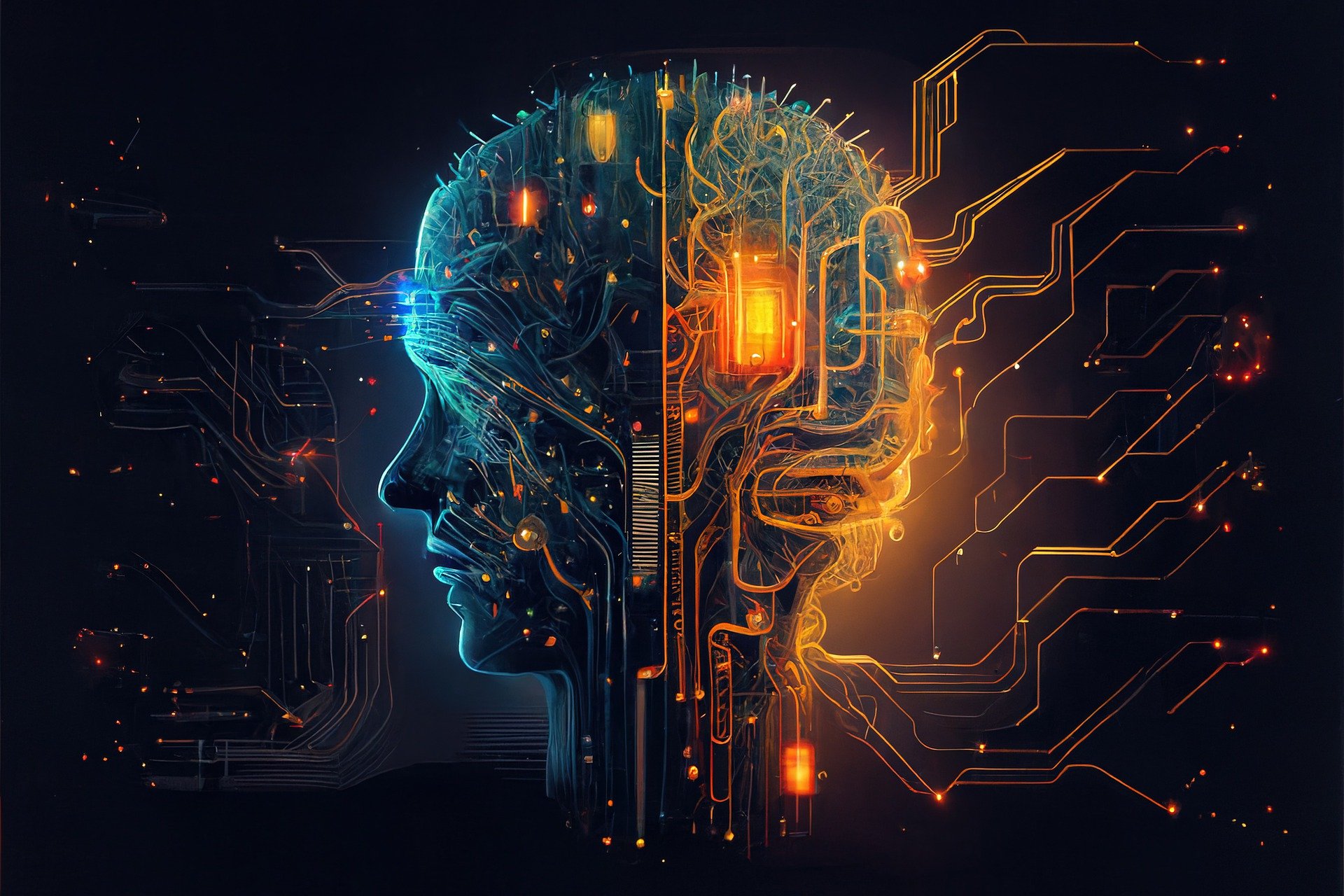Before I state my opinion, I need to apologize. Last week, I published an article that violated Israel365’s editorial standards. It used the terms “West Bank”, “Occupied”, and other terms which do not reflect the position of Israel365 or my personal opinions. To be candid, the article was written with the help of artificial intelligence. I was personally negligent and did not sufficiently screen those sections of the article before publishing it.
I cannot apologize enough to our readers. But this forced me to confront a troubling aspect of my job that I would like to address.
I grew up in a world without the internet. Research was a tedious and difficult process. I was thrilled by the advent of the Internet. Anyone with a smartphone has access to all of mankind’s knowledge in the palm of their hand. But the internet did not make people smarter. Online dialogues dismayed me as I was confronted by people who only researched to confirm their preferred narrative.
When I began writing news articles, I was shocked at the level of ignorance and lack of research that dominated the profession. The Temple Mount was always described as “the third holiest site in Islam”, a factually inaccurate claim that most Muslims, Sunni and Shia, would find deeply insulting.
While mainstream media has lost all credibility by publishing anti-Israel lies, the future bodes even worse as artificial intelligence plays a greater role..From its inception, it has been clear that artificial intelligence was grossly biased. This was true of many aspects of the internet. Fact checks have been subject to lawsuits due to their bias and prejudicial practices. The founder of Wikipedia has gone on record stating that the platform is biased and unreliable. Facebook has several pages titled “Death to Israel,” but routinely removes Israel advocacy pages.
Artificial Intelligence is an amazing tool that has burst onto the scene, improving at a breathtaking pace.Just as computers freed people of much mental drudgery, the information revolution made many jobs irrelevant, replacing humans. It was clear that artificial intelligence will do the same, though possibly on a greater scale. AI has already influenced the industry, raising the bar, leading to the expectation that writers can produce a firehose stream of articles. As a writer of articles, I will probably become redundant in the near future.
Or perhaps not.
The built-in biases of artificial intelligence are so blatant as to make its articles unacceptable to many. It may sound shocking or counterintuitive but AI does not tell the truth. It writes what its programmers want it to say.
AI’s default is to refer to the ‘West Bank’. This term is not historically or geographically accurate. It is the product of a political agenda. Judea and Samaria are not “occupied” by Israel. They are disputed and their status according to international law is yet to be determined. An independent state of Palestine has never existed, and I refuse to use the term. However, mainstream media (and AI) routinely use it as if it had defined borders, a history, and an actual government.
As a journalist writing about Israel, I am challenged by the misuse of such terms, but must sometimes use an inaccurate and politically biased term to make myself understood. I have yet to hear a definition of “Palestinian” that differentiates between Israeli Arabs and Arabs that are subjects of the Palestinian Authority or Hamas. But I use the term to make myself understood in an already poisoned media environment.
I am still struggling to find an alternative to the term ‘settler’. A citizen of Israel who lives in a region conquered in 1967 is too cumbersome. Mainstream media uses the term to describe any Israeli living in an area under attack by Arabs, and Sderot, a part of Israel since the state’s inception, has been referred to as a settlement. The term “East Jerusalem” implies that the status of one half of the city is different than the other half. Any Israeli who ascends to the Temple Mount, annexed by Israel in 1967, is referred to by many media as a settler, no matter where he lives.
It is possible to establish editorial guidelines for AI that would prevent it from the more egregious sins, but these must be specified anew with each use. AI’s defaults are refreshed with each use. And it is a bitter pill that they only work in one direction: against Israel.
AI has occasionally challenged me, told that my information was inaccurate when I was citing recent articles and events that I knew to be factually correct. I have been told that AI has a built-in lag and is not instantly updated to current events. This clearly makes it unsuitable for writing news articles, but it will clearly become the dominant source of news on the internet, if it hasn’t already. It is too powerful a tool to ignore.
I am faced with a dilemma. I must use AI despite its shortcomings. This will require extreme diligence. If I did not care about truth, I would produce articles that had an extreme anti-Israel bias and used inaccurate terminology, as most reporters do. I will have to work harder than any reporter of mainstream media. I will have to wrestle with AI to force it to use accurate terminology and sources. I am pledging my readers to do so.
But my greatest fear is for future generations. Although I recall conducting my own research and writing articles with AI assistance, universities are now dealing with students who use AI to complete their papers. This is difficult to counter or even detect. Some require that papers be written on programs that track the entries, recording how long it takes to type. AI, of course, can complete a doctoral thesis in minutes.
I have also heard university professors argue that the academic system should lean into the development of AI rather than fight it. Calculators and computers made memorizing basic math skills unnecessary (or so they claim), freeing up the students to go further. They argue that the same can be said for using AI to write research papers.
If that becomes the standard, we will have a new generation of journalists who will believe that using the terms “Judea and Samaria” is fake news. Hopefully, I will be retired long before this happens.
And in case you were wondering, this editorial was written entirely without AI.





